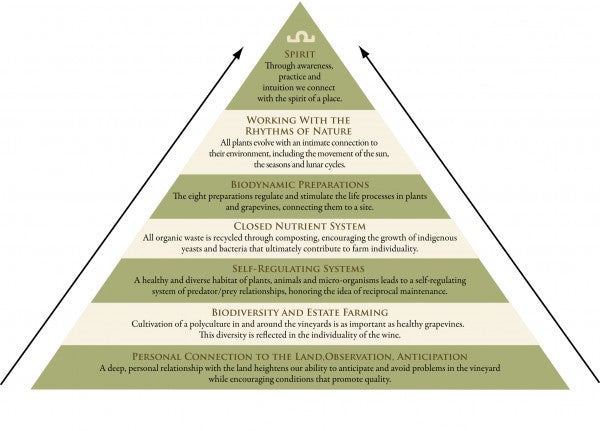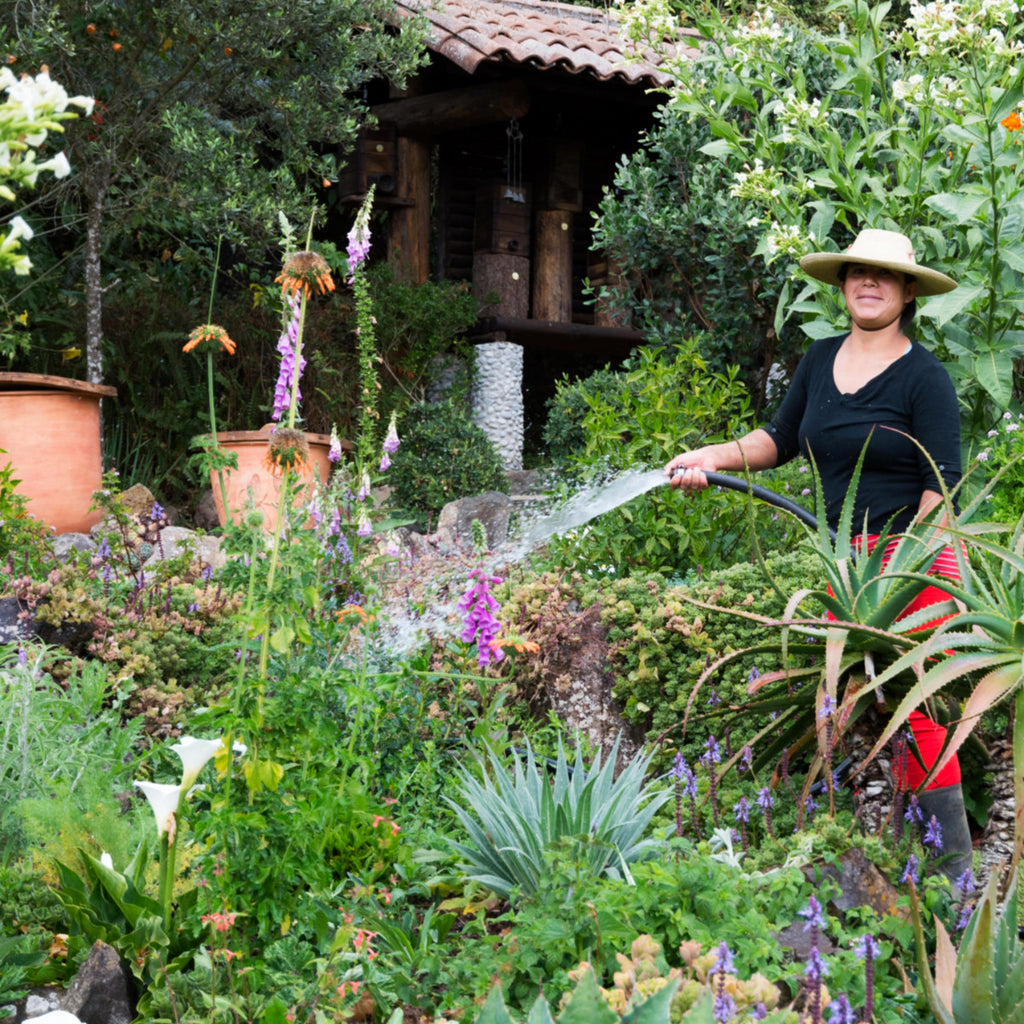The Principles of Biodynamic Farming
Did you know at one point in time organic food was simply referred to as food?
It’s amazing how rapidly things have changed over the past couple of decades. Today we have exotic, factory produced, genetically modified foods that fill our super-sized grocery stores. Please don't get me wrong, I'd be lying if I said I didn't have a soft spot for Doritos and Ben & Jerry's—but they both make me feel terrible after I finish them.
Good food is not suppose to make you feel lethargic or depressed, it should be reinvigorating—that’s why we want to talk about biodynamic farming.
Biodynamic farming may sound like a new technology, but it was actually developed in the early 1920’s by an Austrian Doctor, Rudolf Steiner.
"Biodynamic Farming is essentially a spiritual, ethical, ecological approach to agriculture, food production, and nutrition."
The concept relies on the idea that everything on earth exists harmoniously when properly supported and nourished.
In order to become a certified biodynamic farm, the farm must already be certified organic—which can be dual edged sword because it does have some additional certifications and that always has an extra level of bureaucracy—but it’s worth it. Plus, biodynamic is a way of growing, and while the certifications are great for your branding, the principles of farming and sustainability is the important part.
Here is a great example of a Biodynamic Pyramid. This should explain some of the fundamental principles behind this methodology. *Pyramid designed by Benziger Winery (Yes we do drink organic wine).

The 7 Building Blocks of Biodynamic Farming and Gardening (Starting from the Top of the pyramid):
- Spirit. Through awareness, practice, and intuition we connect with the spirit of the land.
- Working with the rhythms of nature. All plants evolve with an intimate connection to their environment, including the movement of the sun, the seasons and lunar cycles.
- Biodynamic preparations. The eight preparations regulate and stimulate the life processes in plants, connecting them to a site.
- Closed nutrient system. All organic waste is recycled through composting, encouraging the growth of indigenous yeasts and bacteria that ultimately contribute to farm individuality.
- Self-regulating systems. A healthy and diverse habitat of plants, animals and micro-organisms leads to a self-regulating system of predator/prey relationships, honoring the idea of reciprocal maintenance.
- Biodiversity and estate farming. Cultivation of a polyculture in and around the farm is just as important as the plants. This diversity is reflected in the individuality of the products.
- Personal connection to the land (observation and anticipation). A deep personal relationship with the land heightens our ability to anticipate and avoid problems in the farm while encouraging conditions that promote quality products.
Amazing! What a great set of principles for any company to operate under!
Remember, when you use your hard-earned money to purchase products, you are sending a message directly to the companies you buy from.
When you buy organic, or biodynamic products you are creating the demand for sustainability—in our society, it takes demand to drives supply, so the more of us focused on this way of life, the better quality we can expect our food and products to be.
That gives us the power. And the responsibility as consumers to support companies with respectable corporate governance, relationship management, and environmental policies.
At ThePureWay, we vet companies so that you don’t have to go in search for companies upholding the standards you expect.
We’re excited because our newest product line, Sanandi, comes directly from an absolutely pristine biodynamic farm. They use these principles to create a sustainable, self-regulating system. When you purchase the Sanandi products the only ingredients are harvest by hand by people with great respect for the land. You know exactly what you’re getting, and these products work fantastically. Click here to check them out.
Until next time, stay pure my friend!


1 comment
Write a commentMaggie Hill
Love this article and the information that you provide on this blog! It truly is time for us to change the way we think about food and its impact on our bodies and the environment.WE have to learn to live within the laws of nature so as a species we cannot only survive but thrive !